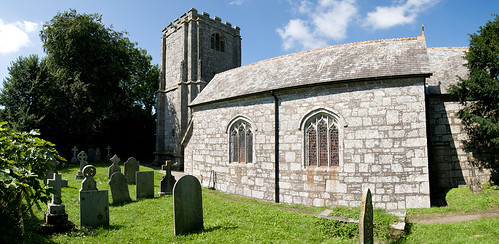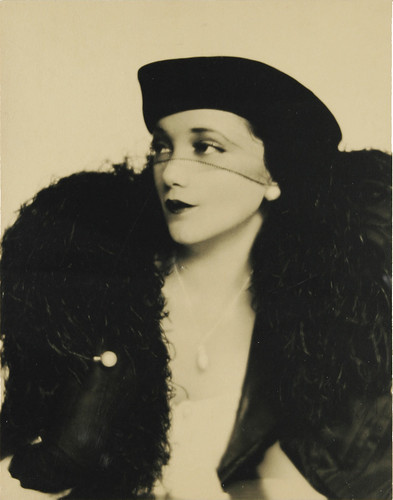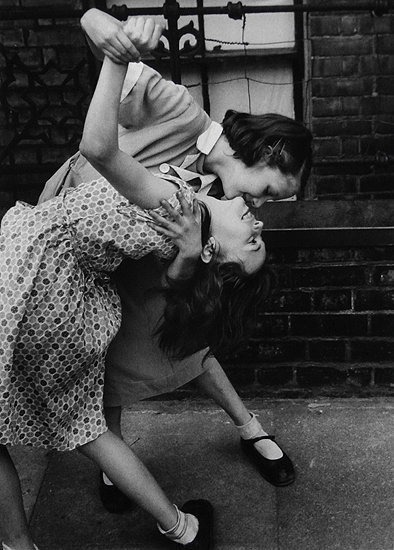Gender: Feminine
Usage: Irish
Meaning: "fair locks"
(KAYV-in)
Fresh-faced and lithe, Céibhionn belonged to a fairy in medieval Irish lore — whose name implies a lovely head of hair.
Pronounced "Cave-in", like Kevin with more of a long-A (i.e., roughly rhyming with Haven or Raven), it's the "simplified" modern spelling of Céibhfhionn, a name made up of two elements: Irish cíab = "hair (of the head)" + fionn = "white, fair", a word used to describe a person with light hair or skin.
Hence, in meaning, charming Gaelic Céibhionn is comparable to Goldilocks. She's also in the company of such old Irish names as Fionnuala ("white shoulder"), Caoilfhionn ("slender and fair", commonly anglicized Keelin), Finnabair (possibly "white and smooth") and Barrfhionn (masculine; "fair hair").
The name is found in one tradition of how the legendary hero Fionn mac Cumhaill (anglicized as Finn McCool) became all-wise, in which Céibhfhionn was one of three sisters who guarded their father's magic Well of Knowledge, so as to deny any wisdom-seeking mortals access to the secrets of the sídhe ("shee"). It was said to be located at the fairy-mound of Carn Feradaig in Cliú (now Cahernorry, near Limerick).
One day, however, they were approached by future hero Fionn and two companions, who were merely after drinking water. In her haste to block them, Céibhfhionn accidentally spilled the open vessel she happened to be holding, and lo, a few drops of well water splashed into Fionn's mouth — enough to give him wisdom.
Many now believe that the well maiden Céibhfhionn represented an ancient Irish goddess of inspiration, and comparisons have been drawn between her and Ceridwen of Welsh mythology: keeper of the cauldron of poetic inspiration (which Gwion Bach, like Fionn, unintentionally drank from).
Just think: The next time you make a coin toss "offering" at a wishing well, you may be mirroring the Celtic Irish in their worship of Céibhfhionn and other well divinities.
A small County Clare-based organization, the Céifin Centre for Values-led Change (pronounced KAY-fin) is named for the mythological figure.
"Céibhfhionn" is also the title of a Pinterest board dedicated to gorgeous locks o' hair.
Showing posts with label disyllabic. Show all posts
Showing posts with label disyllabic. Show all posts
12 June 2012
06 June 2012
Klervi
Gender: Feminine
Usage: Breton
Meaning: "token of the egg" (unconfirmed)
(KLAYR-vee)
This quirky-cool Celtic name belongs to about 800 French citizens, with 200 more named Clervie: the sleek French spelling.
Clever Klervi (pronounced "Claire-vee") is the recently revived Breton form of Creirwy, a Welsh name of somewhat disputed meaning, which in legend belonged to the beautiful daughter of Ceridwen.
Saint Klervi was the younger sister of the great Saint Winwaloe, founder of Brittany's first abbey. In fact, all of Winwaloe's immediate family are regarded as saints, including their mother Gwen "the Triple-Breasted" (!!!). This semi-legendary family migrated from Britain to Brittany (then Armorica) in the 5th or 6th century AD.
Klervi, a patron of the blind, is remembered in connection with a surreal incident from her girlhood. Equal parts silly and morbid, the ancient legend of Saint Klervi involves an eyeball and an unsavory goose, and could be a Brothers Grimm fairy tale for all its ridiculousness.
Usage: Breton
Meaning: "token of the egg" (unconfirmed)
(KLAYR-vee)
This quirky-cool Celtic name belongs to about 800 French citizens, with 200 more named Clervie: the sleek French spelling.
Clever Klervi (pronounced "Claire-vee") is the recently revived Breton form of Creirwy, a Welsh name of somewhat disputed meaning, which in legend belonged to the beautiful daughter of Ceridwen.
Saint Klervi was the younger sister of the great Saint Winwaloe, founder of Brittany's first abbey. In fact, all of Winwaloe's immediate family are regarded as saints, including their mother Gwen "the Triple-Breasted" (!!!). This semi-legendary family migrated from Britain to Brittany (then Armorica) in the 5th or 6th century AD.
Klervi, a patron of the blind, is remembered in connection with a surreal incident from her girlhood. Equal parts silly and morbid, the ancient legend of Saint Klervi involves an eyeball and an unsavory goose, and could be a Brothers Grimm fairy tale for all its ridiculousness.
23 April 2012
Wenna
 |
| Church of St Wenn, Cornwall |
Wenna is a vernacular form of the Cymric classic Gwen, which means "white, fair, blessed". It comes to us from the Cornish—those same Celts who famously reinterpreted the related Welsh name Gwenhwyfar as Jennifer.
12 September 2011
Vorin
 |
| Vár, goddess of marital vows: Vorin’s mythical predecessor |
More commonly spelled Vårin (a name shared by 195 Norwegian women, while only four spell it Vorin), she is an elaboration of Vår (bearers: 109) – the modern form of the Old Norse name Vár, which meant “pledge, faith,” personified as a goddess of wedding vows and other oaths, and also happens to coincide with the Norwegian word for “spring.” Pronounced VOH-reen in Norwegian, or as the more English VOHR-in, this would make a strong, meaningful alternative to popular unisex-style choices like Corinne, Rowan, Morgan or Devin.
08 September 2011
Sidra
 A simple, multicultural name given to 29 baby girls in the U.S. last year (2010), Sidra is as charming as she is unexpected.
A simple, multicultural name given to 29 baby girls in the U.S. last year (2010), Sidra is as charming as she is unexpected.As an English name, Nameberry-approved Sidra is quirky yet on-trend, being a short, exotic import in the style of Layla, Aliyah and Maia; and her appeal lies in her ability to pass for an edgy, offbeat classic – think Phaedra, India, Portia, Aida, Cyrilla. Doesn’t she seem familiar, “not quite English, or American, but not quite not English either”?
For an unapologetically girly name less ordinary than Sandra, Lydia or even Isadora (given to 122 girls in 2010), consider this saucy, pan-Mediterranean beauty.
Labels:
botanical,
disyllabic,
heaven,
hebrew,
muslim
Subscribe to:
Posts (Atom)

